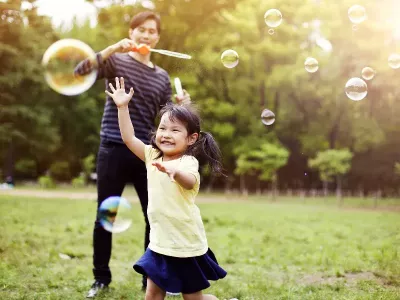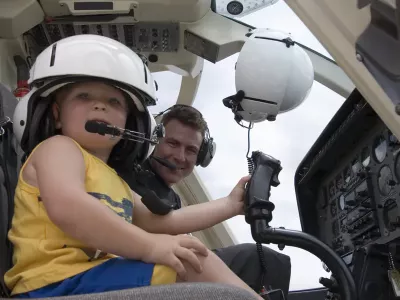Teenagers and the friendship factor

Moving home? Kids starting a new school? Coming to a new city or country?
Whether this means meeting a completely new set of people, or sharing the journey with friends our teenagers already have, there are opportunities and risks.
Some children and teenagers seem to find making friends easy and are always surrounded by them. Others might manage to develop a small group of close friends and show little interest in increasing that circle. And then there are those that struggle to make and keep friends. This last group finds it especially difficult when they have to move to a new environment and start again!
These differences come about from a combination of factors – personality, experience, age and maturity – but they also can be influenced by the environment, and that’s something we can exert some control over.
KEEP AN EYE ON THINGS
As parents, we’re right to try to ensure our teenagers don’t mix with the wrong crowd. So it can be as much about who they make friends with as about how they make friends. Monitoring who our teens spend time with and what they do together is an important part of keeping family communications open and easy, and it’s good to establish up-front that is perfectly normal and part of your role as a parent. (This is true of online communication, too. Your child may tell you that reading their social media posts is just like reading their diary, but unless they publish their diary to hundreds of people they barely know, the analogy isn’t quite correct.)
HELP THEM BUILD THEIR SOCIAL SKILLS
Making and keeping friends is a skill like any other. Some learn it almost without knowing, but others seem to need a lot of coaching. So how do we coach our young teenagers to develop this skill?
- Start by getting your teenager to think about the benefits of having friends so they can be clearer about who they might be and what we have to do to keep friendships alive. Prompt them to talk about what friends are for and how to know when someone is a friend.
- It may also be worth talking about unhealthy friendships and so-called “frenemies”. This might be someone who is very pleasant when everyone else is around, but seems to turn nasty when they’re alone with your teen, or is fine when they’re on their own but acts differently when others are present.
- Friendships can also change over time, and kids may need help navigating the ups and downs of changes in their social life as people grow out of and into new friendship patterns.
- Help your teenager to understand that friends usually spend some time together. It’s difficult to make friends with someone if you don’t see them very often. But just because you’re in the same environment as another person, if you can’t spend quality time together it’s very hard to make and keep a friendship going, especially if that person has other friends they do spend time with.
- No amount of time spent together will help if you have nothing in common. So encourage your teenager to spend some time finding out what they and the other person might have in common; likes and dislikes. They could also invite their friend along to an event or activity, or try out something new that’s been suggested by their friend.
This last point is especially important for boys who generally find it easier to make friends with each other around an activity where there’s something going on they can talk about. In contrast, girls tend not to rely so much on activities and can find things in common just by talking. These days, the activity (and the conversation) may occur online as much as it does in person, but be mindful of achieving a balance in this regard.
It’s great that kids can use new technology to form friendships but there’s no substitute for face-to-face friendship. And it goes without saying that your kids should be well aware of potential online dangers before they venture off into cyberspace to make new friends. They should only ever talk to people they either already know IRL (In Real Life) or have a mutual IRL friend.
Whether it’s a few special friends or a wide friendship group, social connections are important for good mental health. So it’s worth making time to help your teenager develop friendships that will often last a lifetime.

